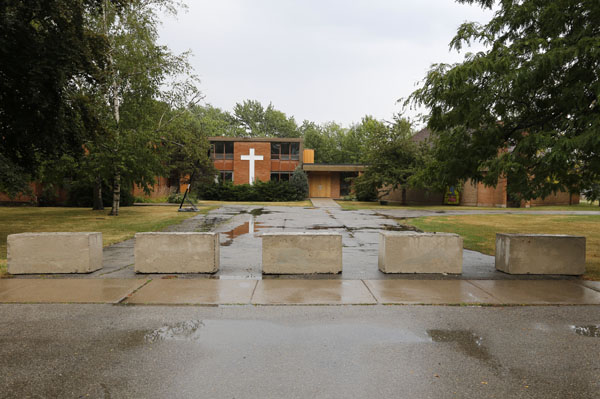The dioceses of Niagara, Ottawa, Montreal , Toronto and British Columbia are proceeding with same-sex marriages ahead of the final vote to approve them in 2019.
But, having scoured the province for likely candidates, poor Bishop Logan McMenamie has yet to find any men willing to marry another man; or a woman to marry another woman. If Anglicans in BC don’t get with the program soon, McMenamie will have to resort to compelling some of his eligible male clergy to tie the knot.
From here:
Bishop Logan McMenamie, of the diocese of British Columbia, announced at a diocesan synod in autumn 2016 that he will “move forward with the marriage of same-sex couples in the diocese” on a case-by-case basis. When the Anglican Journal contacted McMenamie’s offce in March 2017, no same-sex couples had yet approached the diocese about the possibility of marriage.
Niagara’s Bishop Michael Bird currently has the competitive edge in the same-sex marriage scavenger hunt: he has four couples under his belt.
Niagara, however, may have an unfair advantage since it has widened the net by including bisexuals, who, presumably, would only be satisfied with a ménage à trois, counting as 1.5 couples. Of course, if both candidates are bisexual, we would need a ménage à quatre, a bonus that would qualify as two couples. Transgender couples are also part of the Niagara strategy. I’m not sure exactly how that would work, but I estimate that, depending on the mood of the moment and assuming part-time transgenderism – gender, we are assured, is fluid – it would make a total of four possible copulative combinations, one for each week of the month: man-man, man-woman, woman-man and woman-woman. That would count as at least two couples, possibly four.
Bird said his thoughts on the matter have not changed and that he was committed to continuing “to walk along the path of full inclusion and to immediately proceed with marriage equality” with LGBTQ2 (Lesbian, Gay, Bisexual, Transgender, Queer/Questioning, Two-Spirited) Anglicans in his diocese.
Like this:
Like Loading...
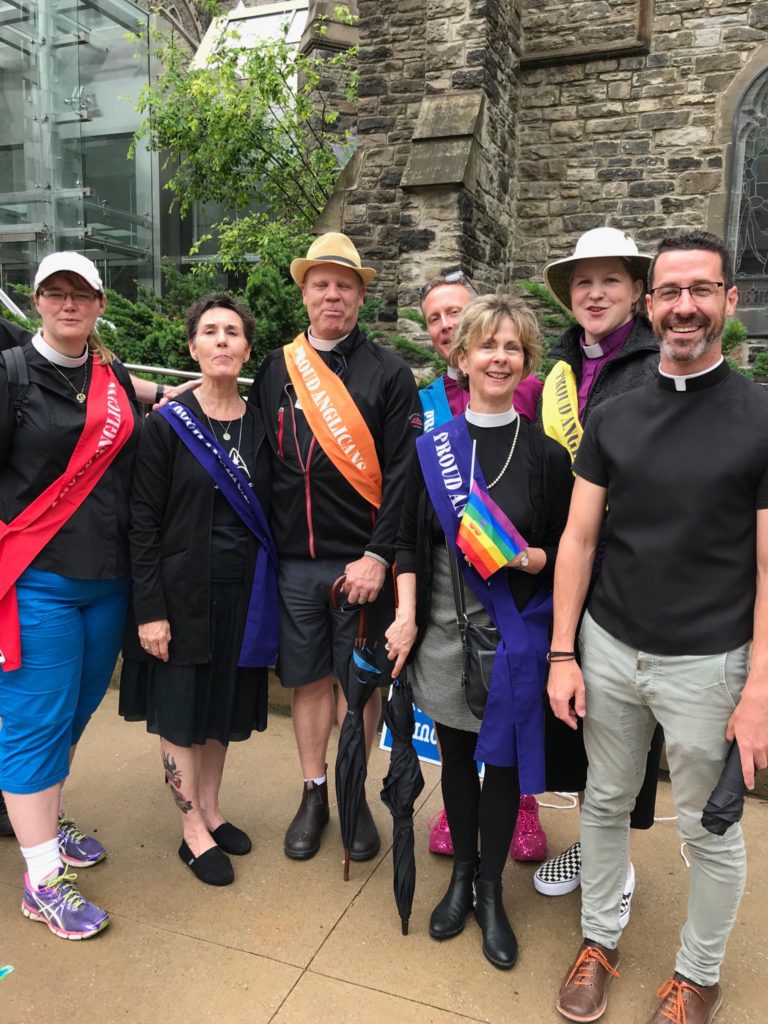


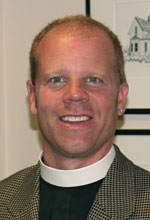 The local vicar was on hand, perhaps to deliver a sermon in hope of hastening the couple’s exit:
The local vicar was on hand, perhaps to deliver a sermon in hope of hastening the couple’s exit: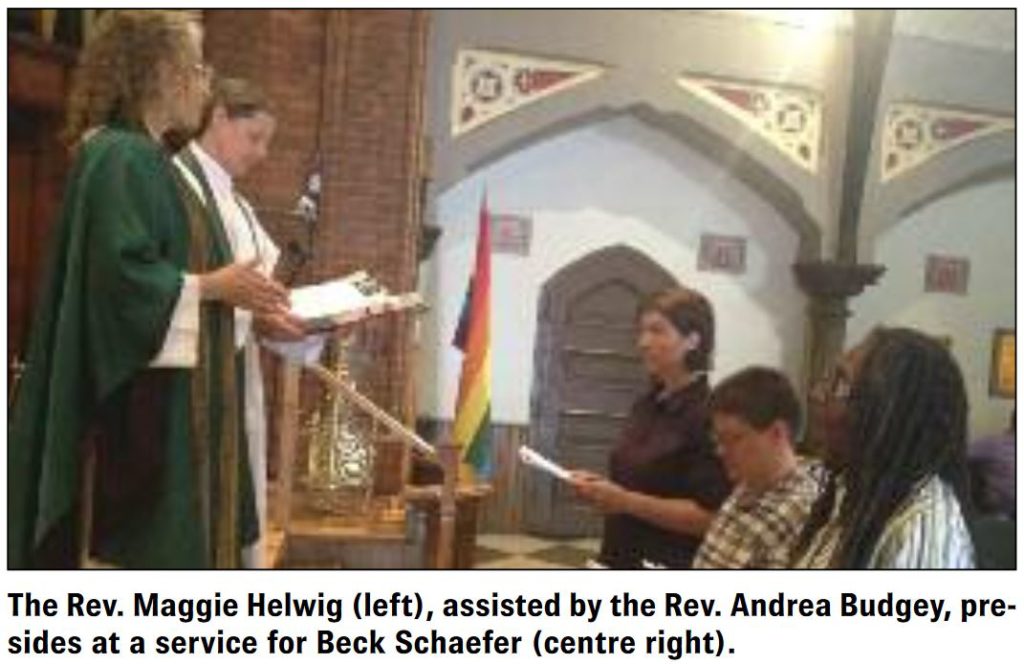 THE church has always gathered as a community to mark the most important life passages of its members, so when Beck Schaefer, a member of St. Stephen-in-the-Fields, Toronto, legally transitioned from female to male, changing his name and identity documents to reflect a truer sense of his identity, the parish witnessed and blessed the moment.
THE church has always gathered as a community to mark the most important life passages of its members, so when Beck Schaefer, a member of St. Stephen-in-the-Fields, Toronto, legally transitioned from female to male, changing his name and identity documents to reflect a truer sense of his identity, the parish witnessed and blessed the moment.
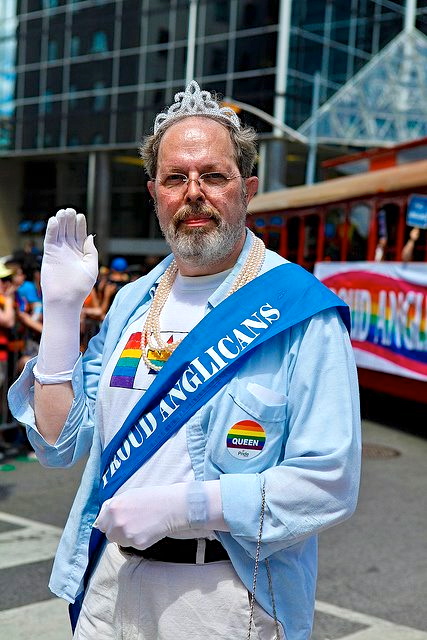 Among the first recipients of the Order of the Diocese of Toronto is Chris Ambidge, a leader in
Among the first recipients of the Order of the Diocese of Toronto is Chris Ambidge, a leader in 